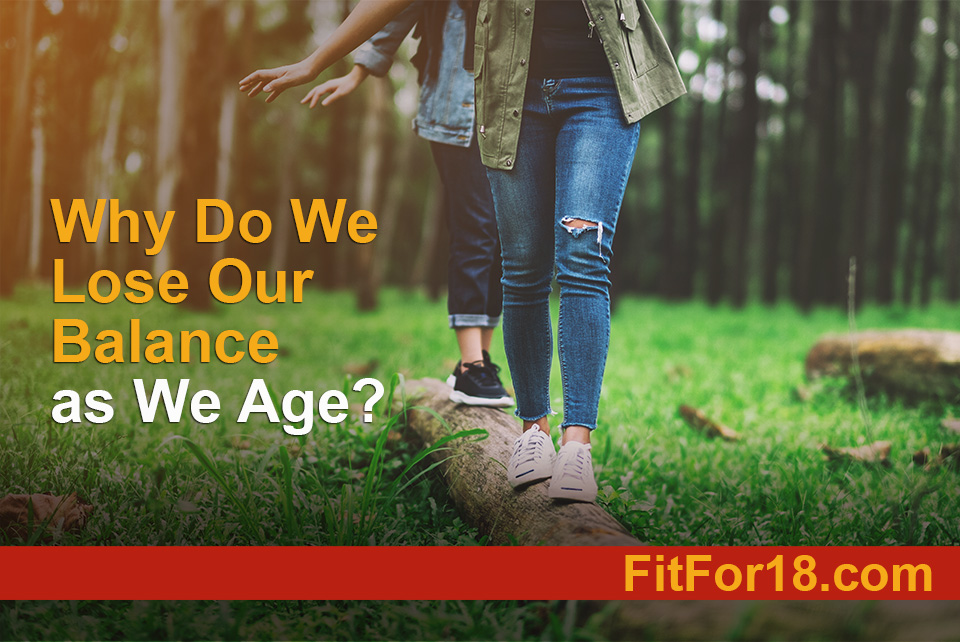I have worked with many “seasoned” citizens throughout my years as a trainer. When I create a fitness program for anyone 40 or older, I always incorporate core and balance exercises into their workouts.
In a recent workout, one of my clients questioned why our balance worsens as we get older. Well, that’s because as we age closer to the later part of our adult years (40+), our bodies start to go through certain metabolical changes that can affect stability and balance.
It can be surprising how something that once seemed effortless, like stability and balance, becomes more challenging as we age. Therefore, understanding the reasons behind this decline can help us take proactive steps to maintain our balance and prevent falls.
Here are a few factors that can affect your stability and balance as you age.
Muscle Weakness
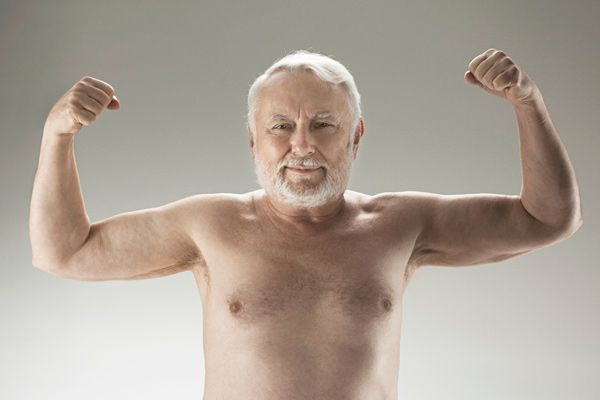
One of the primary reasons for losing balance is muscle weakness. As we age, our muscle mass naturally decreases, a condition known as sarcopenia. This reduction in muscle strength can impact our ability to stabilize ourselves, especially when standing or walking. Weak leg muscles, in particular, play a crucial role in maintaining balance. Regular strength training can help counteract this decline, making it easier to stay upright.
Joint Changes
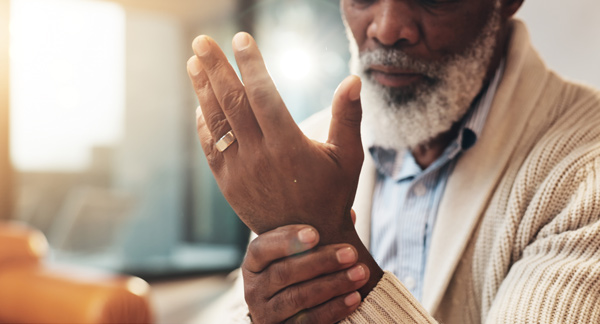
Aging also affects our joints. Wear and tear over the years can lead to arthritis or other joint issues, which could limit our range of motion. Stiff or painful joints can make movements that were once simple feel awkward or unstable. Staying active with low-impact exercises like swimming or cycling can help keep joints flexible and reduce discomfort.
Vision Changes
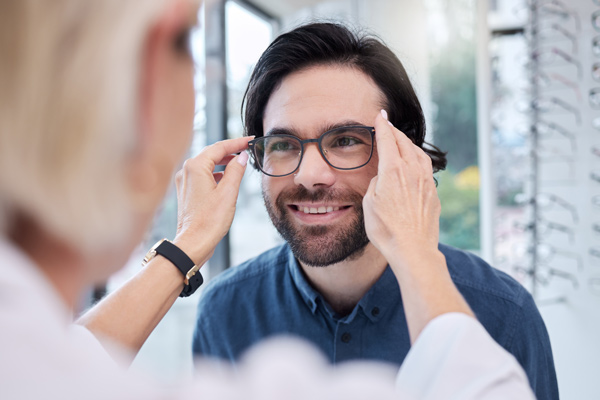
Good vision is essential for balance. As we age, our eyesight often deteriorates due to conditions like cataracts, glaucoma, or macular degeneration. These vision changes can affect depth perception and spatial awareness, making it harder to navigate our surroundings. Regular eye check-ups and using appropriate eyewear can help maintain good vision and support better balance.
Inner Ear Health
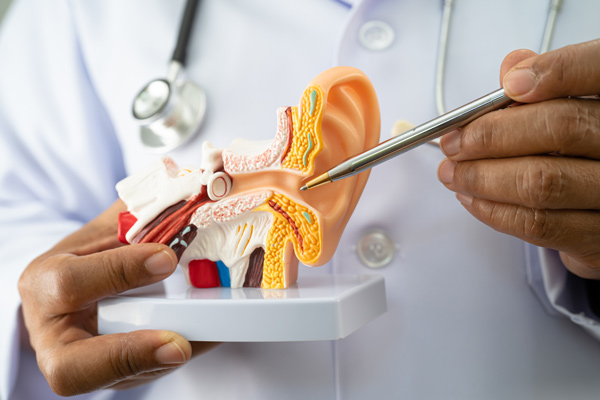
The inner ear contains structures crucial for balance. With age, these structures can become less effective. Conditions like vestibular dysfunction can disrupt the signals our brain receives about our body’s position, leading to dizziness or unsteadiness. Engaging in exercises that promote balance, such as tai chi or yoga, can help retrain the body to maintain stability.
Medications

Many older adults take medications that can affect balance. Some prescriptions or over-the-counter drugs may cause dizziness or drowsiness, increasing the risk of falls. It’s important to discuss any side effects with a healthcare provider to explore alternatives or adjustments that may minimize these risks.
Environmental Factors

Our surroundings also play a significant role in balance. Poor lighting, uneven surfaces, or cluttered spaces can increase the likelihood of trips and falls. Making simple changes, like keeping walkways clear, ensuring adequate lighting, and using handrails can create a safer environment at home.
Cognitive Changes

Cognitive decline can impact balance as well. Aging can affect memory, attention, and reaction time, all of which are vital for maintaining stability. Being aware of these changes and practicing mindfulness can help individuals stay focused and aware of their movements.
Stay Well Balanced
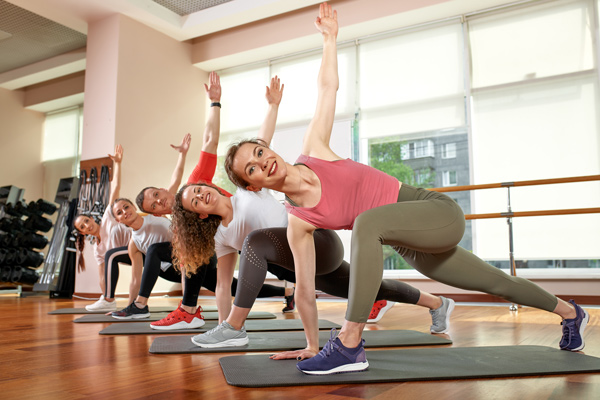
While losing balance and stability is a common part of aging, there are many ways to counteract these changes. Regular exercise, particularly strength training and balance-focused activities, can significantly improve stability. Additionally, staying aware of environmental hazards and managing health conditions effectively can further reduce the risk of falls.
Understanding the factors contributing to balance issues as we age can empower individuals to take proactive steps toward maintaining their stability. By staying active, making adjustments to our environments, and prioritizing health, we can help ensure a safer, more balanced life as we grow older. Keep up with your fitness program as it will help with you maintaining your muscle and balance later in life.

Questions About Weight Loss or Fitness?
I'd be happy to help you on your path towards reaching your fitness goals!
RELATED BLOGS

How Peptides Can Help Sugar Levels And Diabetes
How peptides can help people with diabetes keep their sugar levels in a healthy range.

Why Peptides Are a Safer, Smarter Choice Than Ozempic
Ozempic may be the latest crazy, but is it safe? Here is why peptides may be a better alternative.
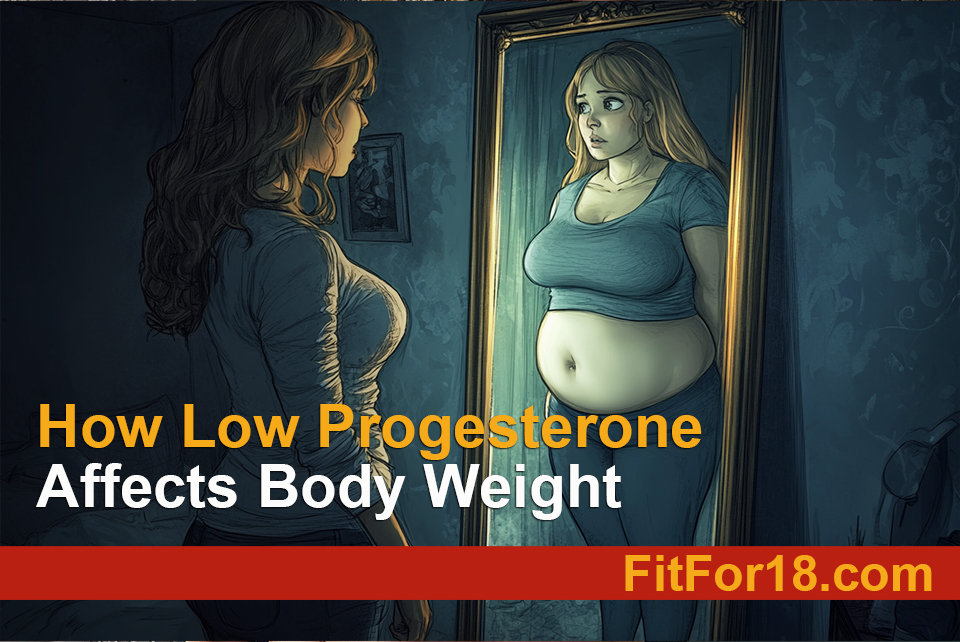
How Low Progesterone Affects Body Weight
How low levels of progesterone can significantly impact body weight.
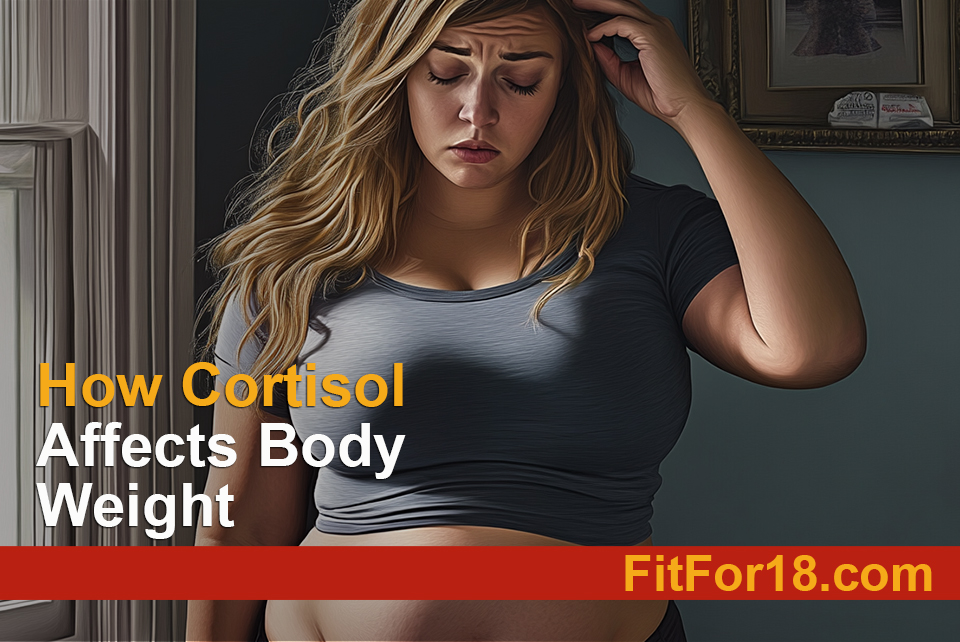
How Cortisol Affects Body Weight
The physical effects of cortisol and its influence on body weight.
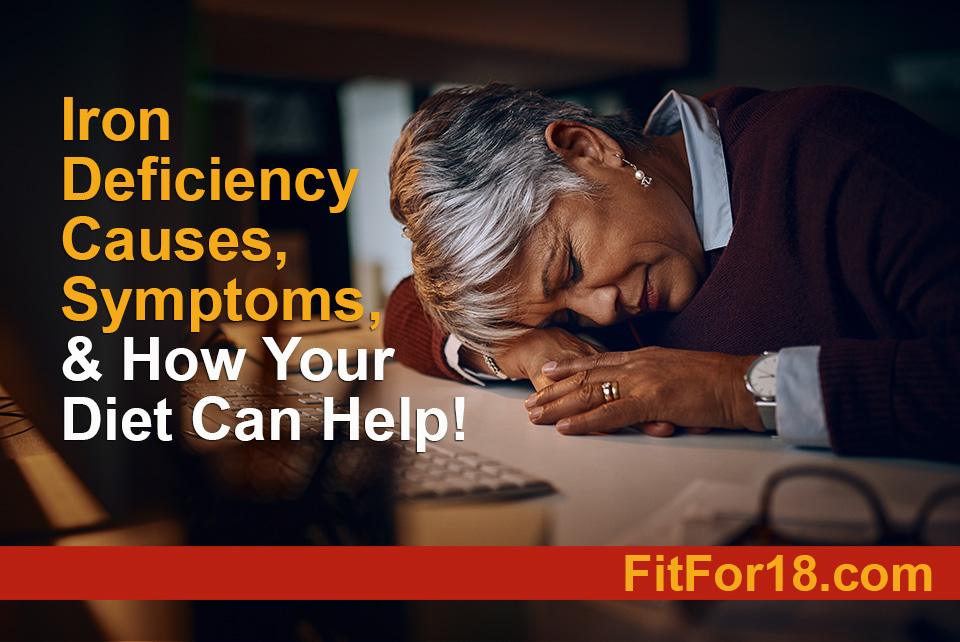
Iron Deficiency Causes, Symptoms, and How Your Diet Can Help!
Understanding iron deficiency and how your diet can help.

Get Moving: Top 5 Physical Activities For a Vibrant Retirement
A list of the top five physical activities that are perfect for retirees.
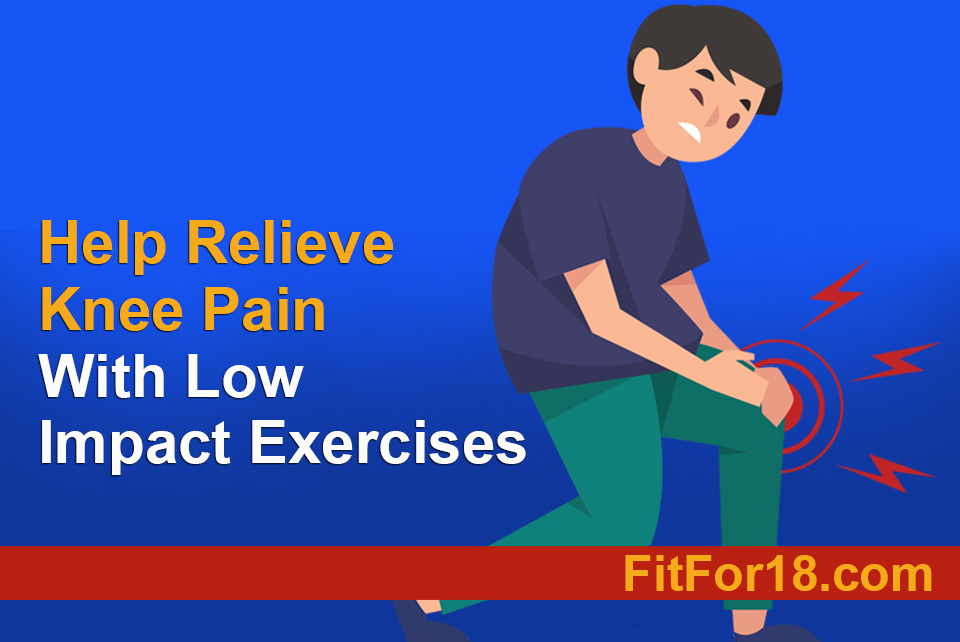
Help Relieve Knee Pain With Low Impact Exercises
Some common causes of knee pains and workouts that can help relieve them.

Losing Weight After Menopause
The challenges of losing weight after menopause and how to boost your chances of weight loss.

Weight Loss Guide for Those with Thyroid Disorders
Lifestyle choices that support weight loss and the well-being for those with thyroid challenges.

Red Wine, The Weight Loss Elixir
The benefits of red wine and how it can help you through your weight loss journey.

